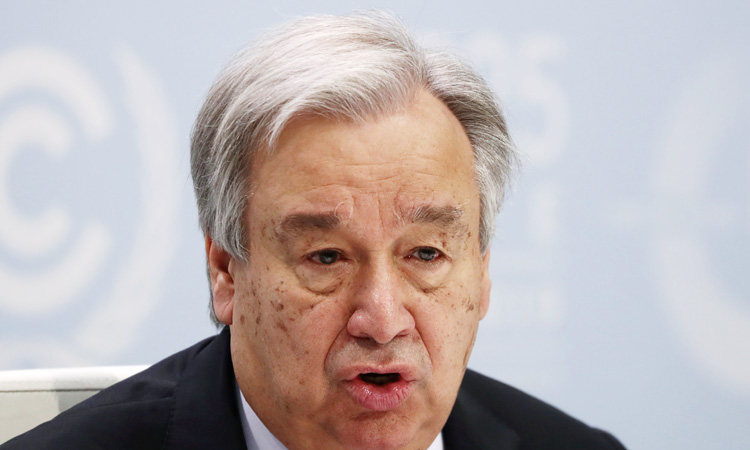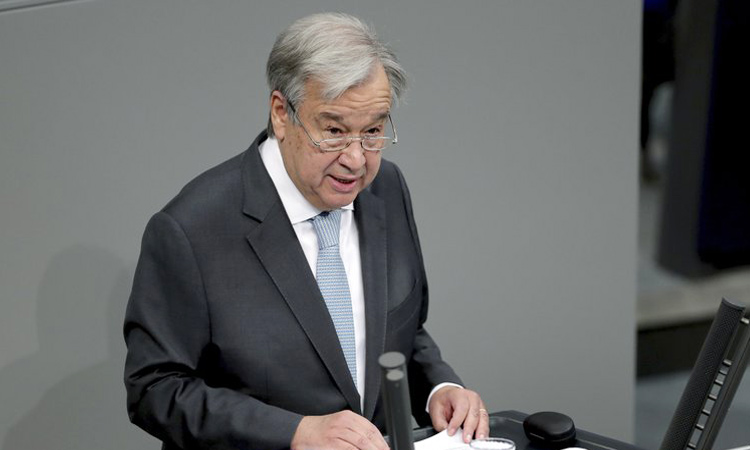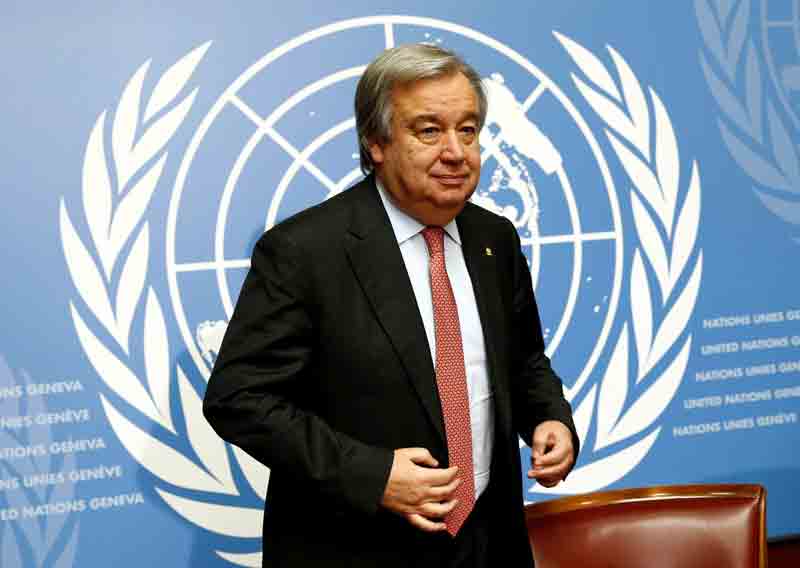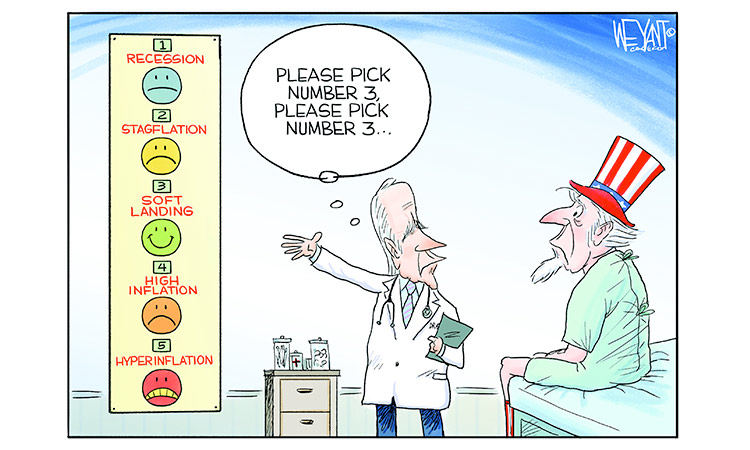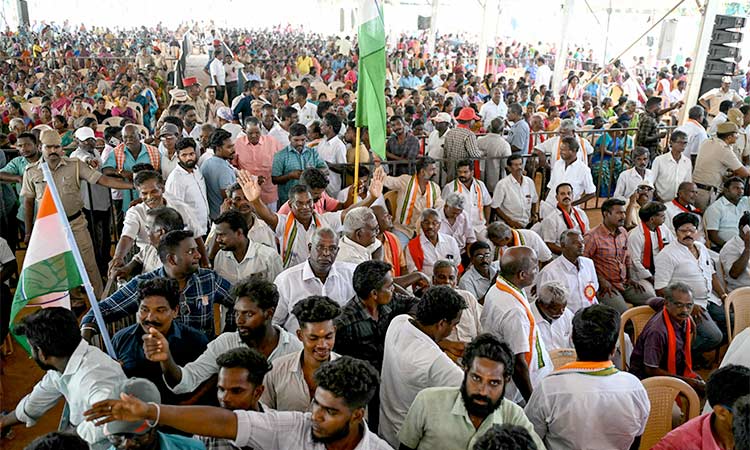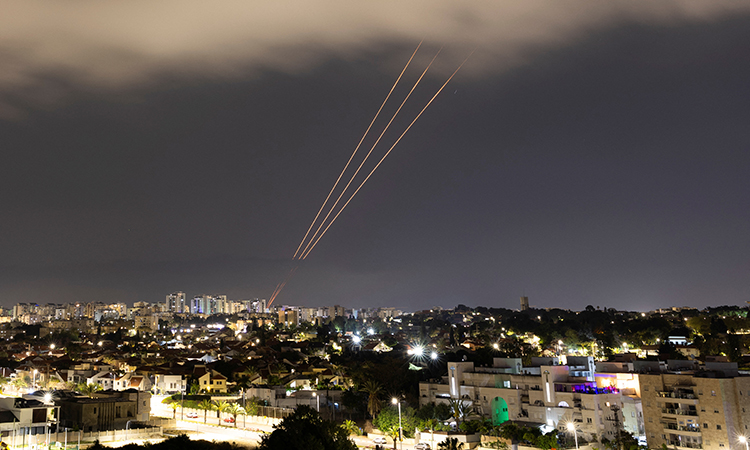Eliminating N-weapons a global duty
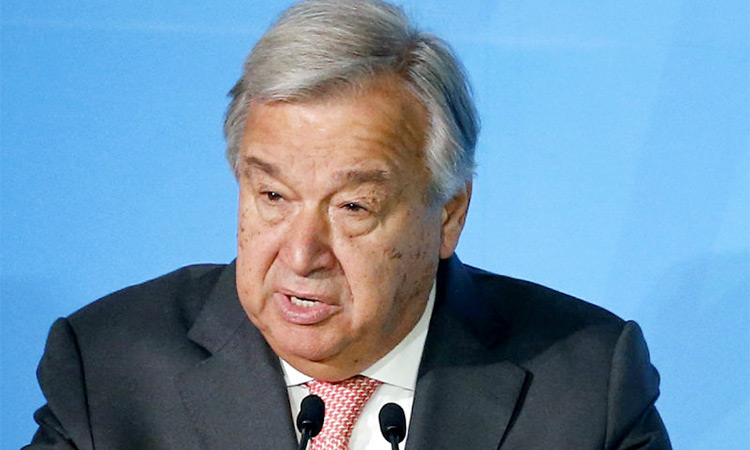
António Guterres. File
The fact that the International Day for the Total Elimination of Nuclear Weapons marked on Thursday passed off without grabbing much attention indicates the world’s callous approach towards a very sensitive subject.
The marking of the day provides an opportunity to educate the public about the real benefits of eliminating such weapons, and the social and economic costs of perpetuating them.
A qualitative nuclear arms race is underway, as UN Secretary-General António Guterres points out, and rising tensions, mistrust between nuclear-armed States, and muddy rhetoric about the utility of nuclear weapons are some of the factors to blame.
Nuke weapons have the potential to destroy an entire city killing millions, cause inconceivable damage to the environment and ruin the lives of future generations with long-term catastrophic effects.
Although atomic weapons have only been used twice, by the United States in 1945, around 14,500 remain in the world today, with over 2,000 nuclear tests conducted to date according to the UN’s disarmament wing (UNODA). The signs are ominous.
Last year the UN launched a new disarmament agenda with a clear implementation plan; a complement to the cornerstone Treaty on the Non-Proliferation of Nuclear Weapons (NPT) which entered into force in 1970, with a total of 191 States joining — more than any other arms limitation agreement.
The plan supports a number of other treaties with the aim of exterminating nuclear proliferation and testing, including the Treaty on the Prohibition of Nuclear Weapons (TPNW), and the Comprehensive Nuclear-test-Ban Treaty (CTBT).
All State Parties should collaborate at the upcoming 2020 Review of the NPT to further ensure its fundamental goals are met.
The recent collapse of the landmark Intermediate-Range Nuclear Forces (INF) Treaty between the United States and Russia is an indication that things are not moving in the right direction.
The two major powers, instead of resolving their differences through sincere dialogue, have chosen a path that puts the entire world at risk.
The Intermediate-Range Nuclear Forces Treaty (INF), negotiated by then US President Ronald Reagan and Soviet leader Mikhail Gorbachev in 1987, had a noble goal of eliminating land-based short-range and intermediate-range nuclear and conventional missiles by both countries.
Under the deal, missiles with ranges of 500 to 5,500 kilometres were eliminated. That paved the way for the mothballing of Russian SS-20 missiles and American Pershing missiles deployed in Europe.
As per UN, more than half of the world’s population still lives in countries that either have such weapons or are members of nuclear alliances. While the number of deployed nuclear weapons has appreciably declined since the height of the Cold War, not one nuclear weapon has been physically destroyed pursuant to a treaty. In addition, no nuclear disarmament negotiations are currently underway.
Risk-reduction measures, including transparency in nuclear-weapon programmes and further cut in all types of nuclear weapons, is the best way forward. For that, leaders need to keep the dialogue process alive.
The slow pace of nuclear disarmament is a matter of concern. The tragedy suffered by the people of Hiroshima and Nagasaki should never happen again. There are enough signals that a new arms race is making the world a more dangerous place to live in.
It’s time to wake up and take corrective measures, or humanity as a whole would have to pay a heavy price.
